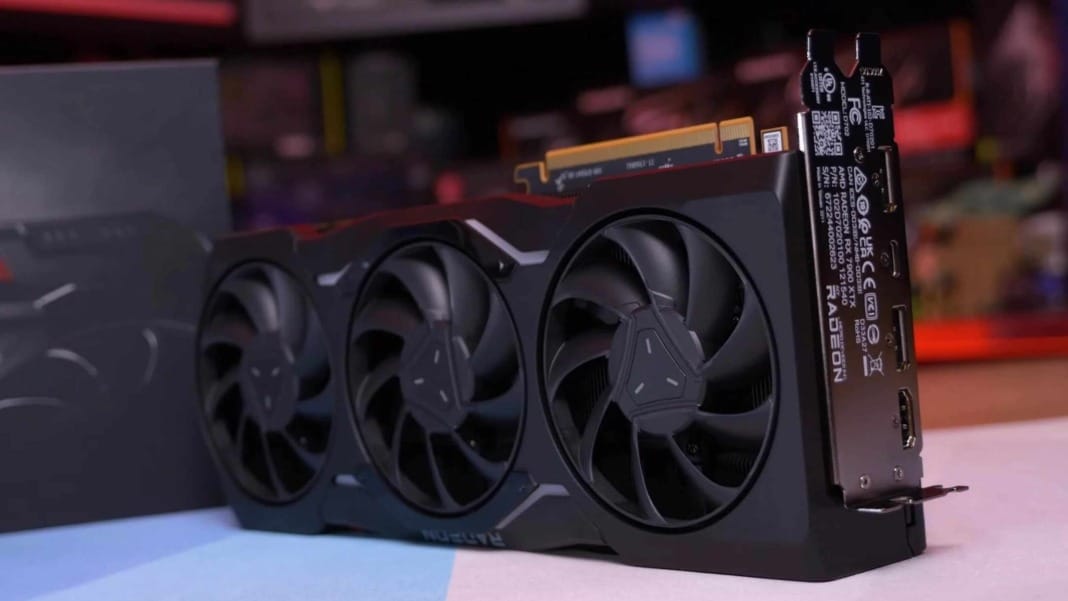Sony’s stance on PC gaming has sparked curiosity and debate in the gaming world. While it’s widely accepted that PC gaming leads the industry in technological advancements, Sony’s lead architect, Mark Cerny, has a different perspective. In a recent interview with Gamesindustry.biz, Cerny discussed how Sony’s consoles have occasionally set a precedent for the broader gaming industry, even influencing PC gaming.
Sony’s influence on gaming technology
Cerny believes that Sony’s efforts in console development have positively impacted the PC gaming sector. He said, “I like to think that occasionally we’re even showing the way for the larger industry and that our efforts end up benefiting those gaming on PC as well.” By’showing the way’, Cerny means that Sony’s innovations and technological advancements in console development often set a standard or a precedent for the broader gaming industry, influencing the direction of gaming technology as a whole. He cited the PlayStation 4’s efficient GPU interfaces as an example, suggesting they may have influenced the development of DirectX to become more efficient.
The PlayStation 4, launched in 2013, was considered underpowered compared to other systems at the time. However, Cerny’s claim implies that its efficient GPU interfaces may have spurred advancements in PC gaming technology, particularly the low-level DirectX 12 API, which was announced shortly after the PS4’s release. At the time of its launch, the PS4 was a significant player in the gaming market, and its technological innovations, such as efficient GPU interfaces, were highly regarded. While it’s a bold statement, it’s a stretch to assume that DirectX 12 was directly inspired by the PS4. However, it’s plausible that the PS4’s technological advancements had some influence on the development of DirectX 12 and other PC gaming technologies.
The PS5’s impact on SSD technology
Cerny also mentioned the PS5’s high-performance integrated SSD, released in 2020, as a potential influence on the PC gaming world. He suggested that the PS5’s SSD put pressure on the PC industry to develop their DirectStorage API for gamers. This API aims to improve game loading times and overall performance by utilising GPU-based decompression, similar to the dedicated decompression hardware in the PS5. Looking ahead, it’s possible that the PS5’s SSD and other technological innovations could continue to influence the development of PC gaming technology, particularly in areas such as storage and performance optimisation.
While the SSD in the PS5 is indeed impressive, claiming that features like DirectStorage were developed in direct response to the PS5 might be overstating the console’s influence. Both consoles and PCs now share many similarities, including custom AMD chips and the x86 instruction set architecture, making them more alike than different. It’s important to note that PC gaming technology is also driven by a variety of other factors, such as competition among hardware manufacturers and the demands of PC gamers.
Porting PlayStation games to PC
Sony has also been increasing its efforts to port its games to PCs, supporting peripherals like the DualSense controller and PlayStation VR 2. However, this transition has not been without its challenges. Cerny claimed that the “conversion has been simpler than many thought” for PlayStation games on PC. However, this assertion might not align with the experiences of many PC gamers. Early issues with titles like Uncharted: Legacy of Thieves Collection and Horizon Zero Dawn, as well as ongoing problems with Returnal, suggest otherwise. The Last of Us Part One is notorious for being one of the worst PC ports, further challenging Cerny’s point.
Consoles do have the advantage of bespoke software, allowing for more efficient solutions than what is typically available on PCs. Working with a closed system ensures that developers can optimise games for a specific set of hardware. Despite this, it’s hard to argue that consoles are significantly advancing PC gaming as a whole. The PC gaming industry is driven by a variety of factors, including competition among hardware manufacturers and the demands of PC gamers, which often lead to rapid technological advancements. This competitive landscape is a key driver of innovation in the gaming industry, and both consoles and PCs benefit from it.
While Sony’s consoles, particularly the PS4 and PS5, have introduced innovative features, the notion that they have driven significant advancements in PC gaming technology is debatable. Both platforms continue to evolve, often in parallel, sharing technologies and pushing each other to improve. This parallel evolution ensures that both console and PC gamers can look forward to exciting advancements in the future. However, the idea that consoles are the primary catalyst for PC gaming innovations is a narrative that may be overstated.





